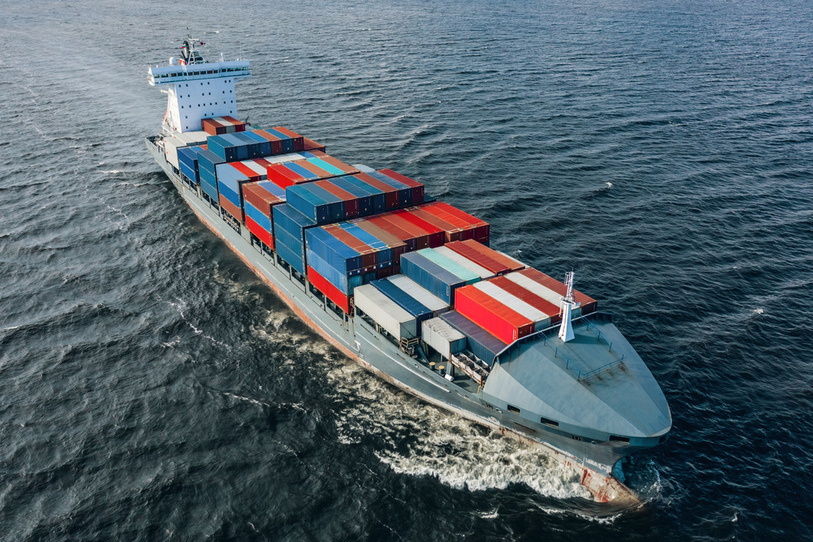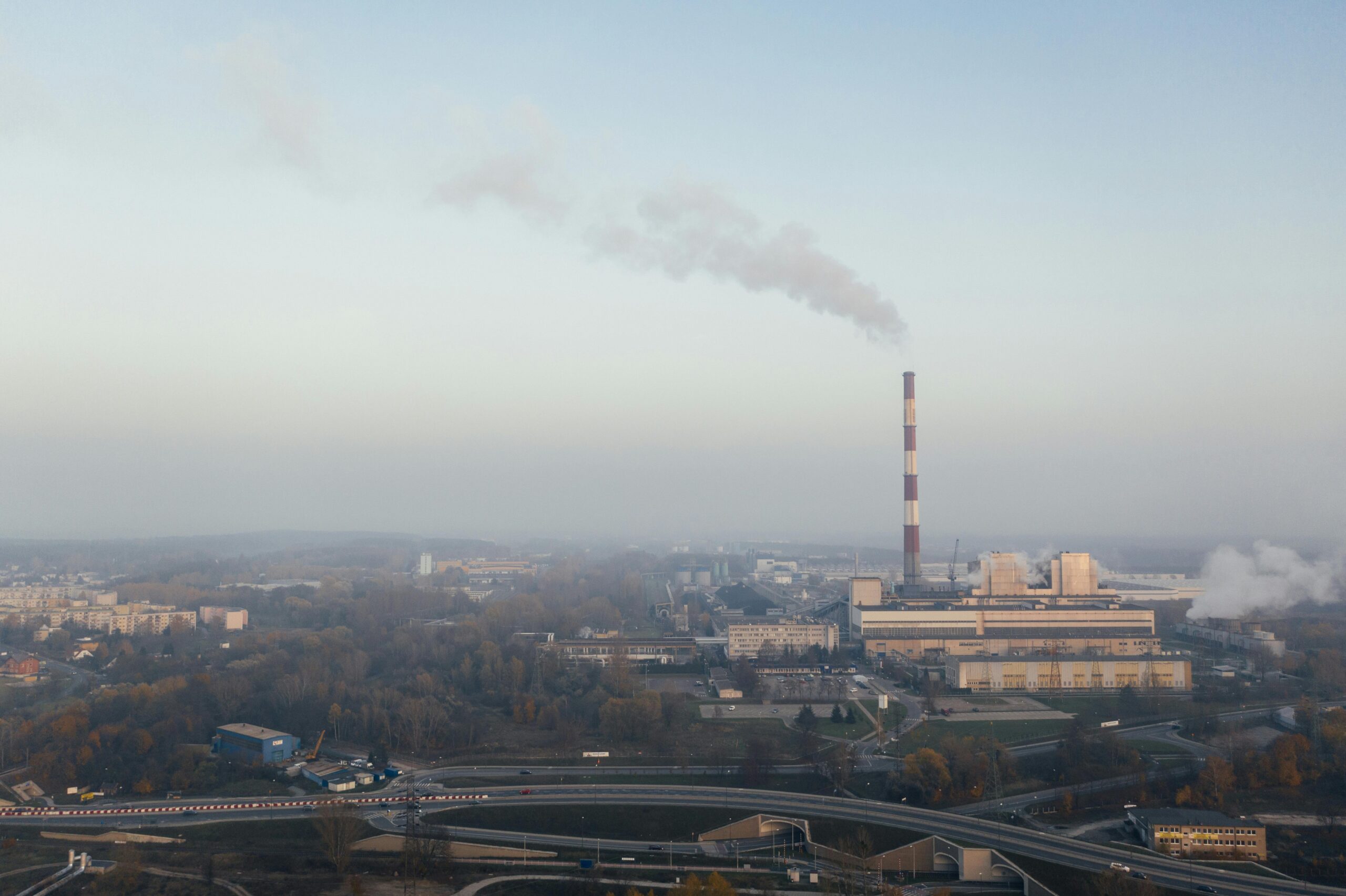There’s more than what meets the eye when it comes to the supply chain. Being part of a globally interwoven economy has its benefits but also risks as shocks in the system inevitably reverberate to Malta. The Association of Tractor and Trailer Operators/Owners (ATTO) unpacks what really is at play in the state of the supply chain and whether recent disruptions, such as COVID-19, are behind us.
“The supply chain issues which occurred because of the pandemic were mainly the lack of demand coming from a distracted market which had other priorities and the operational disruptions caused by the restrictions in moving from one place to another,” explained Tony Mifsud, general secretary of the ATTO, who added that “free movement of goods was limited almost everywhere.”
The ATTO reiterates that thanks to measures taken by EU countries the worst is now over.
However, Mr Mifsud mentioned that the disruption caused by COVID-19 did not happen in isolation.
“Brexit, which started on 31st January 2020 had its share of complicating matters with its new bureaucratic formalities at the UK frontiers.”
Mr Mifsud alluded that at the time the price of diesel was at its lowest level due to a negative sentiment dragging oil prices down, however, this did not last.
Oil price increases in 2021 forced sea ferry link operators with Italy to increase their rates to/from Malta substantially.
“These ferry lines again increased their rates in 2022 while the price of diesel in mainland Europe shot up by 30 per cent compared to 2019 due to the war in Ukraine.”
When asked whether the Government could have done anything to mitigate the disruption in the supply chain which started with the pandemic, Mr Mifsud replied: “the Government could have assisted the industry by sustaining the increase in fuel for the Maltese exporters/importers at least on special commodities.”
“ATTO members carry approximately 65 per cent of our imports/exports being food, medicine, raw materials etc. Having done that, it would have contained the effects of inflation.”
During the COVID-19 pandemic, EU member states also had to implement the EU Mobility Package regulations. This is a set of rules meant to provide a balance between the social protection of drivers and the freedom of operators to provide cross-border transport services. These new rules were not received well by Malta and have led the Government to file a complaint to Court of Justice of the European Union.
Briefly, the Mobility Package introduces two rules:
- Requires cargo trucks to return to their member state of establishment every eight weeks.
- Places restrictions on cabotage, which is the practice of operators collecting goods and delivering inside another country, which is not their country of origin (e.g., a Maltese company collecting goods in France and delivering them in France).
“ATTO’s view of the EU Mobility Package is definitely a negative one which has no benefit to Malta‐based operators,” stated Mr Mifsud.
In reaction to claims that the cost of importing goods had decreased, the ATTO had cited the implementation of the Mobility Package as one of the reasons why that is not the case, as it brought on additional costs and disruptions in working schedules.
“However, there is now a ray of hope as ATTO is working with the Directorate of Policy Development and Programme Implementation of the Government of Malta together with Transport Attaché at Dar Malta in Brussels to implement some changes.”
Mr Mifsud shared that, “our aim is to join forces with the other island states, namely Ireland and Cyprus who with Malta have suffered a lot with this [Mobility] Package.”
He added that they would like to count on the support of Maltese MEPs when the time came that they would need their direct assistance.
Regulations aside, whether Malta has become more resilient to future supply chain disruptions was difficult for the ATTO to say.
“We form part of a global world. Therefore, anything which happens outside our shores affects us. A strike or lack of sea containers in China will affect us. A strike in France affects our trailers’ operation. Brexit bureaucracy provides delay and increases in costs.”
Consequently, Brexit was cited as being far more responsible for changing the way importers in Malta operate, and not the pandemic.
“Due to Brexit and COVID-19 some containers belonging to Ocean Freight Companies has remained stuck in the UK and EU before Brexit and this created a big glut of sea containers in China which consequently has doubled the ocean rates from the Far East to Europe,” explained Mr Mifsud.
“This has forced our importers to reroute their orders from the Far East via EU ports and then being trucked to Malta to achieve a better rate.”
It has been over a year now since the latest major disruption hit the supply chain, with Russia launching its full-scale invasion of Ukraine, and inflation, while still high, has started decreasing. While it’s prudent to be cautious we might finally be seeing the light at the end of the tunnel to supply chain woes.
Malta’s youth population down by 15,000 in 10 years: What does this mean for the labour market?
'The challenge today goes beyond attracting talent – it’s about retaining it'
MBB urges caution over EU’s 2040 climate targets, citing risks for Maltese businesses
'The proposed target presents both opportunities and challenges'
db Foundation raises €8,419 for Karl Vella Foundation with MasterChef Malta Charity Dinner
These events form part of the db Foundation's ongoing commitment to supporting vulnerable members of society through impactful initiatives






